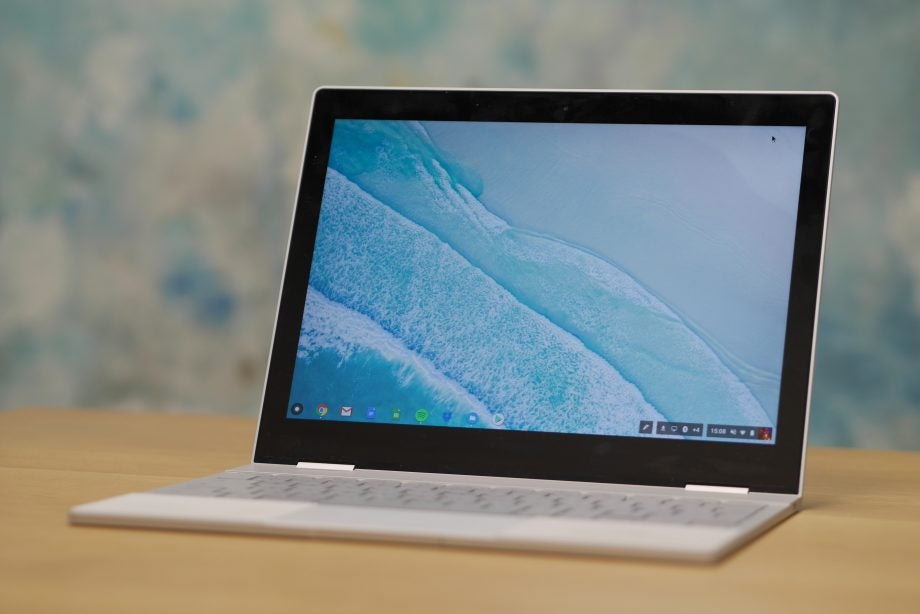The Pixelbook 2 will ‘likely’ appear alongside the Pixel 4: here’s why

Google’s next flagship Chromebook, the Pixelbook 2, will likely launch alongside the hotly anticipated Pixel 4 in October, according to a new FCC filing.
The filing was approved on Thursday and was made by Quanta Computer Inc. – the company that manufactured the first generation Pixelbook – and uses the same font as the Pixel phone filings. This lead to, unconfirmed, rumblings it is for the new Pixelbook 2 Chromebook.
If accurate, this would indicate the Pixelbook 2 will launch at the same time as the Pixel 4, which is expected in October. Google confirmed the Pixel 4’s existence earlier this year when the MadebyGoogle Twitter account posted a render of the device. The render didn’t give a lot of details away outside of the fact it’ll be the first Pixel phone to feature a multi-sensor rear camera.
Related: Best student laptop 2019
Further details about the alleged Pixelbook 2 were not included in the filing and we haven’t seen any even semi-legitimate leaks do the rounds about the new Chromebook. The original Pixelbook was a technical showcase designed to show off what Chrome OS could do with top end components. It would make sense for Google to do the same with the follow up Pixelbook 2.
As a result we’d expect a refined laptop and stylus design with a wealth of new components on the inside. What exact parts these will be is up in the air however. Intel’s only just unveiled its new Ice Lake laptop CPUs and is expected to have yet more announcements about its new mobile chips at the IFA trade show in September.
Related: Best laptop 2019
Intel’s also been making a big song and dance about its integrated graphics plans, so it is highly possible the Pixelbook 2 will run using currently unconfirmed parts.
The bigger question is around what changes Google will make, if any, to Chrome OS to justify using top end components. One of our biggest gripes with the original Pixelbook was the lack of applications and services that could take advantage of its, then, powerhouse specs. Google has since improved Android app support on Chrome OS, but even with this you can’t access key things, like full fat Photoshop.


